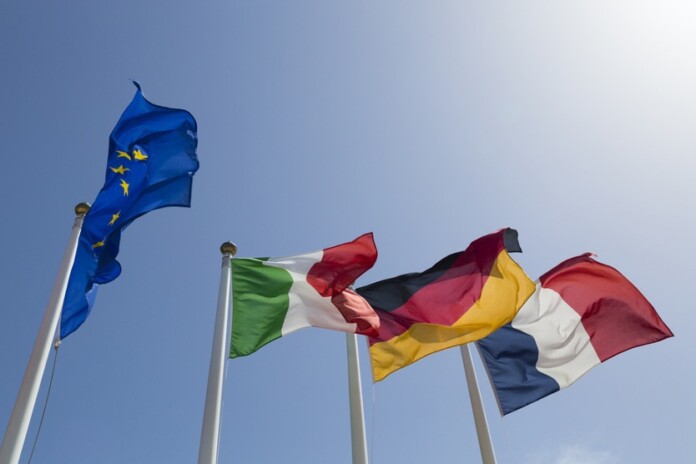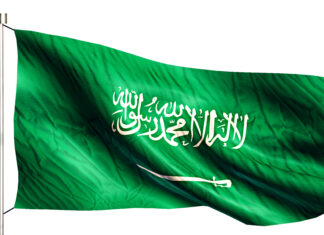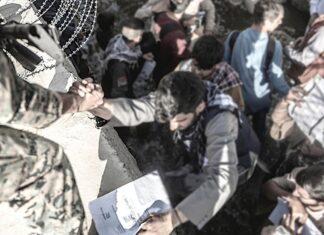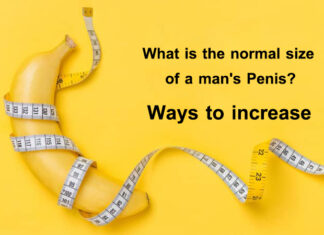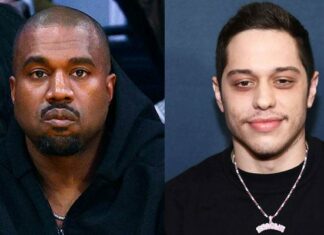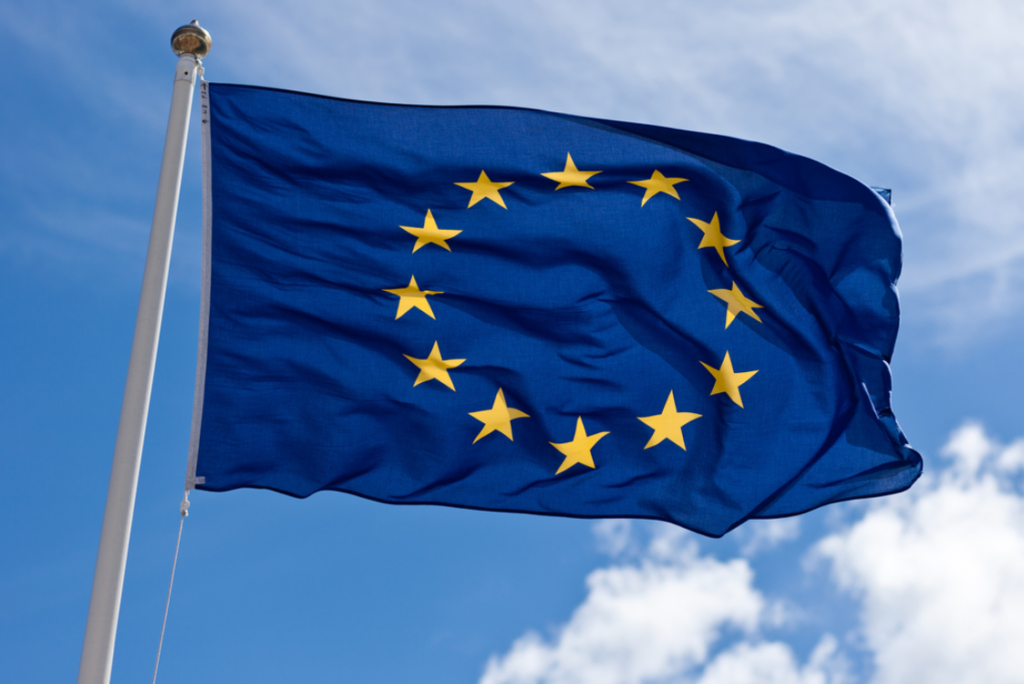
The largest economic sector in Europe is headed by political changes.
The balance of power is changing in the European Union’s three largest economies which could have significant implications for financial markets.
Germany has just turned the page on Angela Merkel’s 16 years of leadership, France is bracing itself for an uncertain presidential election in the spring, and Italy is anxiously waiting to find out whether Mario Draghi will leave his prime ministerial post.
“We may well be in for a rather profound ‘watershed moment,’ with significant positive implications for policies,” Erik Nielsen, group chief economist at UniCredit, said in a note to clients in December.
Germany
“The new German government will bring in significant reforms in Germany, if less headline-grabbing and straightforward then desirable, and it will, very likely, also facilitate reforms in Europe,” Nielsen said.
The newly established government has promised to decarbonize the German economy and to invest in digitalization. At the same time, its idea is also to follow a sound fiscal policy from 2023 onward, once stimulus to deal with the pandemic has been faded out.
These targets are likely to influence European discussions on how to update the fiscal rulebook — a topic that market players are following closely. The euro zone has had strict deficit and debt targets, but there has been a lack of enforcement of these rules. In addition, others question whether these targets are still valid in a post-pandemic world. How much governments will spend, and where, could have direct implications for the bond market.
France
French voters are heading to the polls in late April. Incumbent President Emmanuel Macron has not yet announced his intention to run for a second mandate. However, he is currently polling first among all candidates.
But there is plenty of time for voter polls to change, even more so as new candidates formalize their plans for the presidency.
Eric Zemmour, an anti-immigration candidate, is seen as a threat to the likeminded politician Marine Le Pen. Meanwhile, the arrival of Valerie Pecresse to lead her center-right conservative campaign is also seen as a challenge to Macron, if he decides to run for a second term.
Nielsen described Pecresse as a “serious contender against the favorite, still undeclared, Macron,” if she makes it to the second round of the election. At the moment, she is polling fourth, after Macron and the two far-right candidates.
Italy
In Italy and abroad, everybody wants to know if Mario Draghi will remain as the country’s prime minister —or if he will choose to be the next president instead. The latter would bring a fresh wave of political uncertainty given the fragmentation of the Italian Parliament.
“The bottom line is that the political equilibrium that has prevailed since Draghi’s appointment as PM is set to be shaken, if not broken, by the upcoming presidential vote,” Wolfango Piccoli, co-president of the consultancy firm Teneo, said in a note in December.
“Draghi would struggle to act on behalf of Italy vis-a-vis the EU from the presidential palace,” Piccoli said.
However, Italy would still have a pro-European president who would have a say in some of the measures that a new government may take.
If Draghi remains prime minister, his work “could be more complicated in the months ahead, depending on how the ruling coalition manages the presidential election process,” Piccoli noted.
Draghi is the head of a technocratic government, supported by the various political groups in the Italian Parliament. Without their votes, Draghi’s work could face obstacles when presenting new laws.
Nonetheless, “in this scenario, Draghi would almost certainly remain prime minister until elections in 2023, thereby securing Italy an unprecedented influence on key European policies next year while, possibly, leaving Italian politics somewhat less anchored over the longer term,” Nielsen added.










































